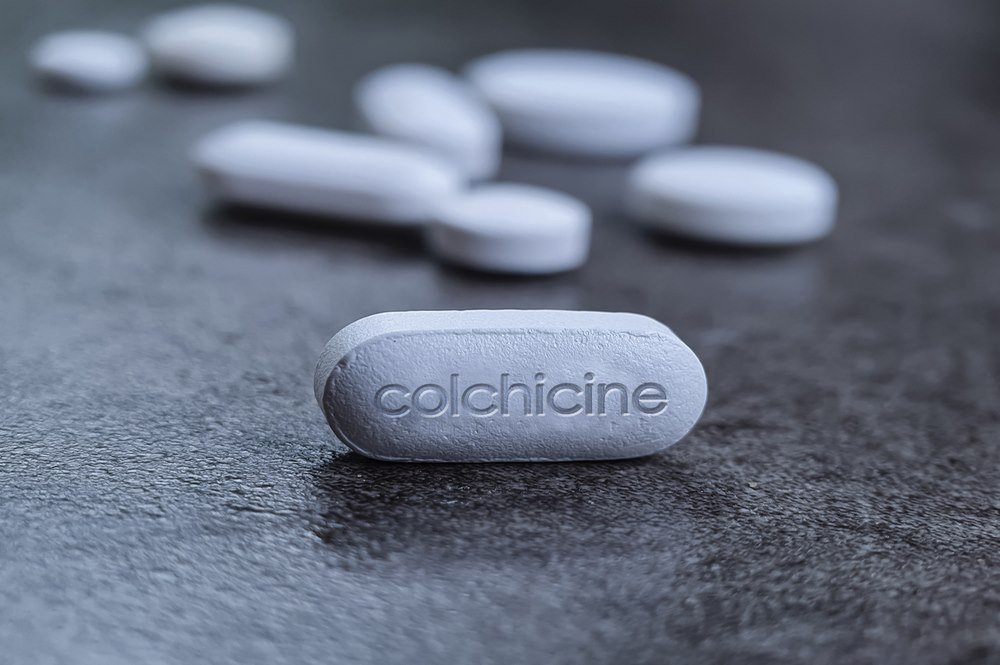Nonsteroidal anti-inflammatory drugs (NSAIDS)

Nonsteroidal anti-inflammatory drugs (NSAIDS) minimize both inflammation and pain. Numerous over the counter NSAIDS are present at low doses and at higher doses that you ca get by prescription. NSAIDS can cause some gastrointestinal side effects like diarrhea, nausea, and stomach ulcers. In some rare cases, NSAIDS can also cause liver or kidney damage. Some commonly present NSAIDS for gout are:
- Ketoprofen
- Ibuprofen
- Aspirin
- Naproxen
- Indomethacin
- Celecoxib
- Colchicine
Colchicine or colcrys is a medication that doctors use mainly to treat gout. Colchicine avoid the uric acid in the body to form uric acid crystals. If a person takes colchicine very soon after the appearance of acute gout symptoms, it can greatly avoid swelling and pain. Sometimes doctors prescribe the daily use of colchicine to avoid future attacks of gout. However, the intake of colchicine also results in causing side effects like diarrhea, vomiting, and nausea. Doctors usually prescribe colchicine to people who cannot tolerate NSAIDS.
